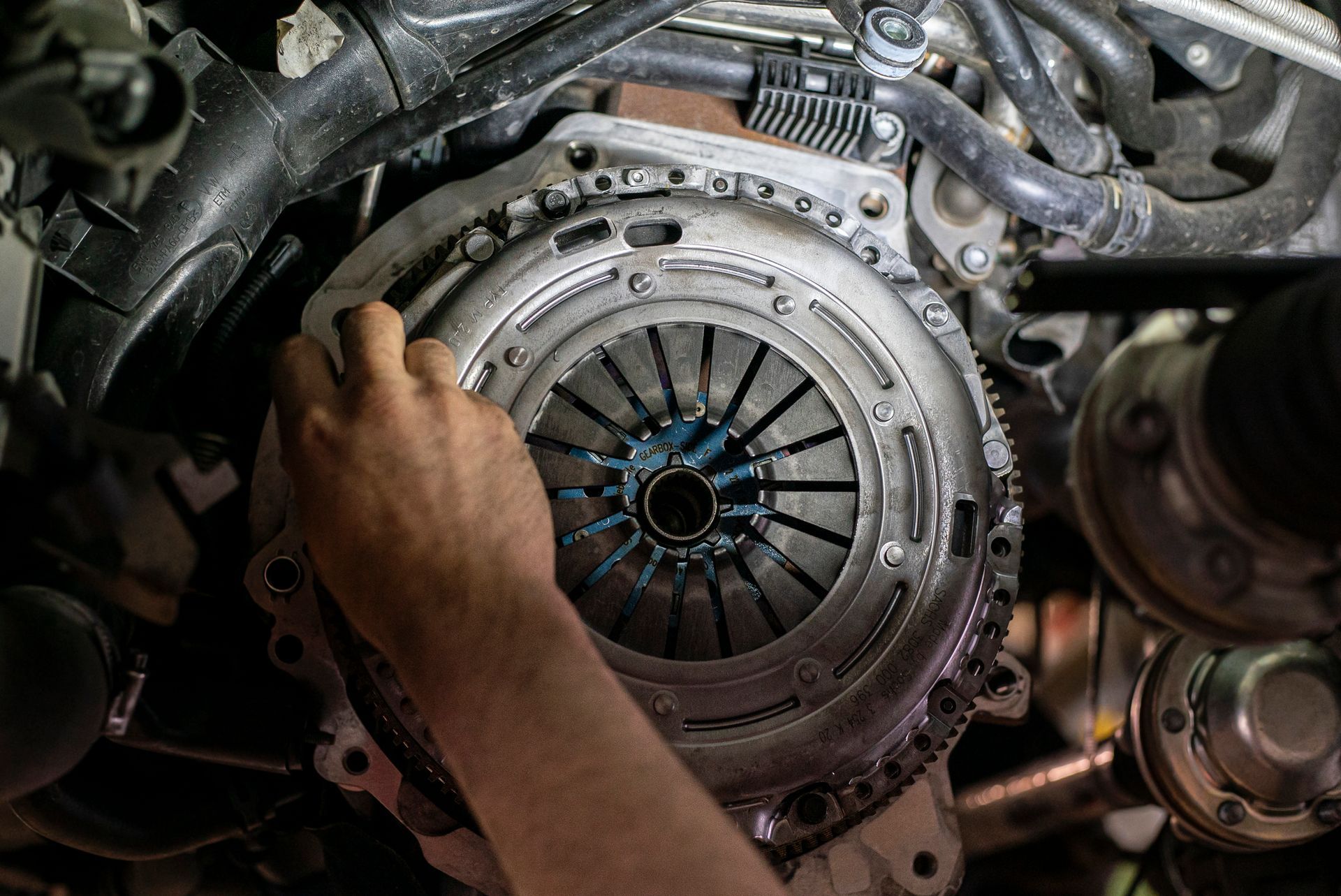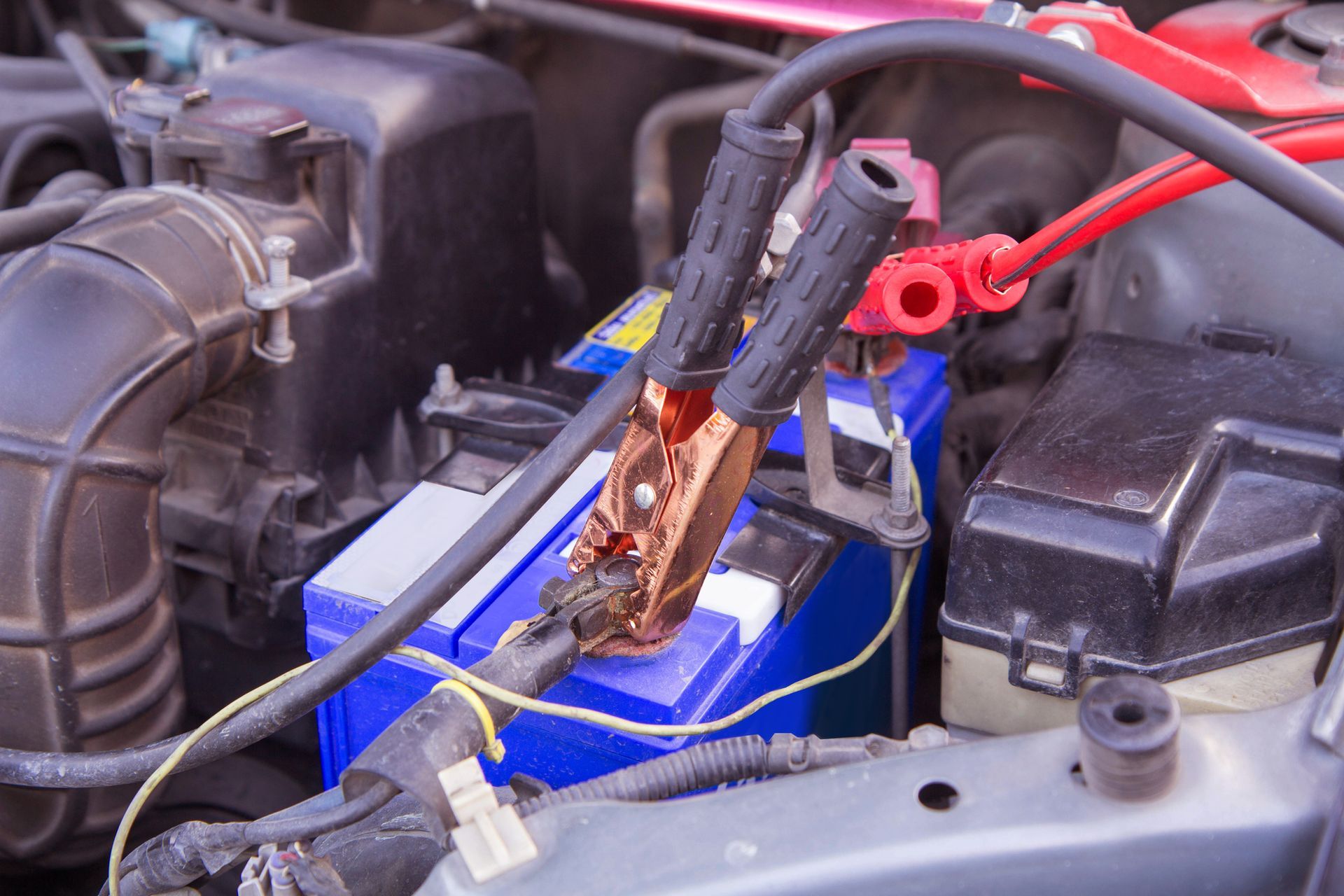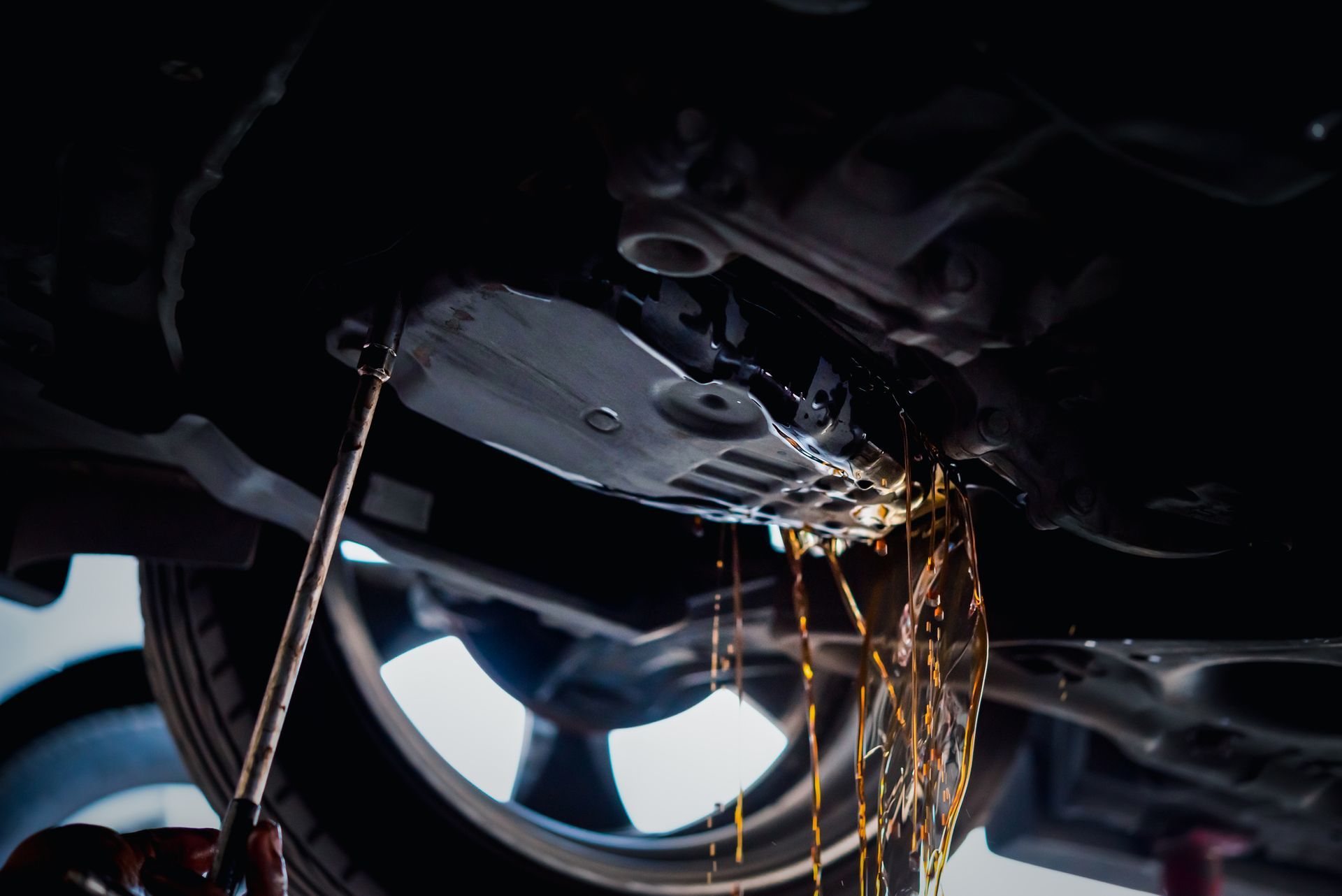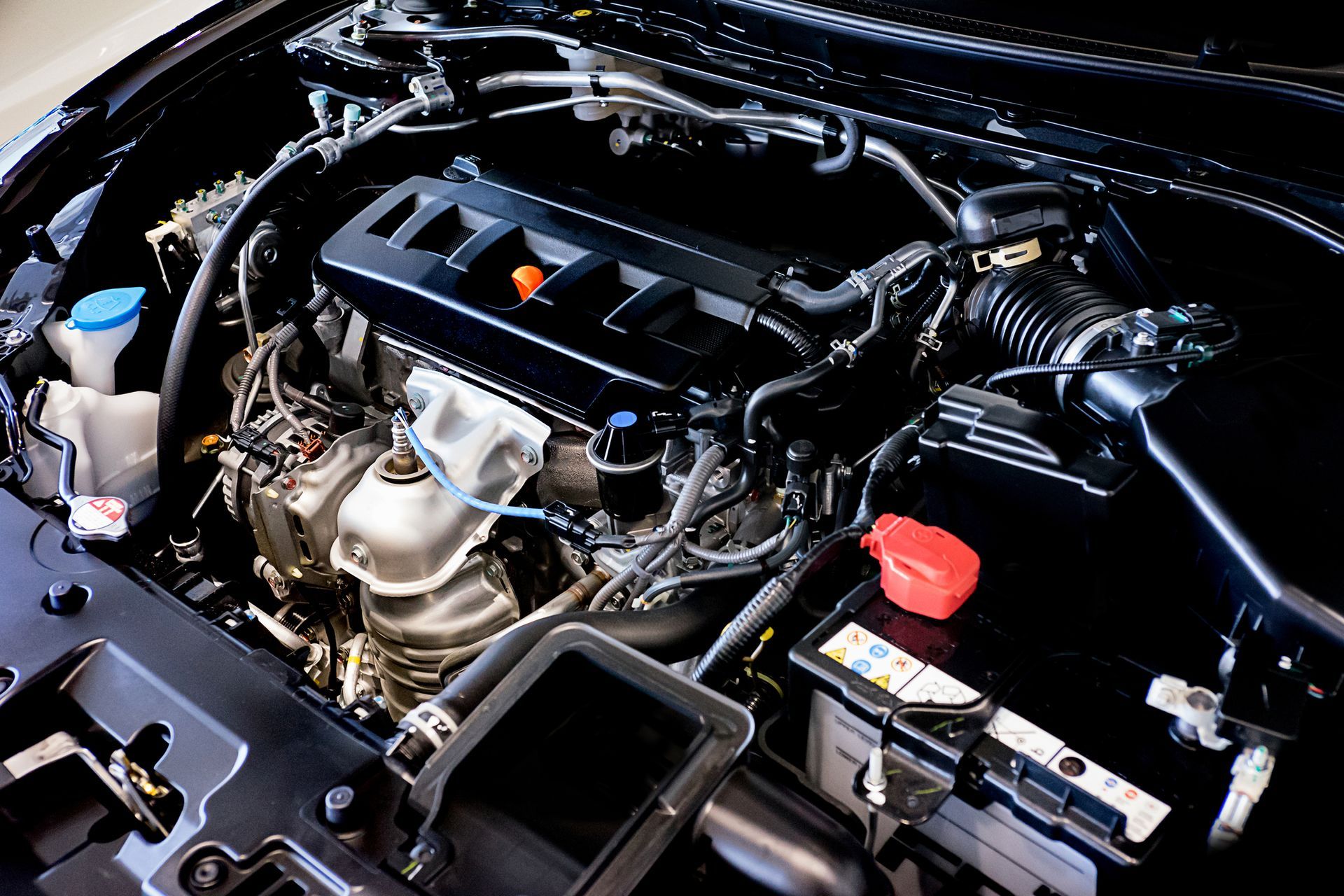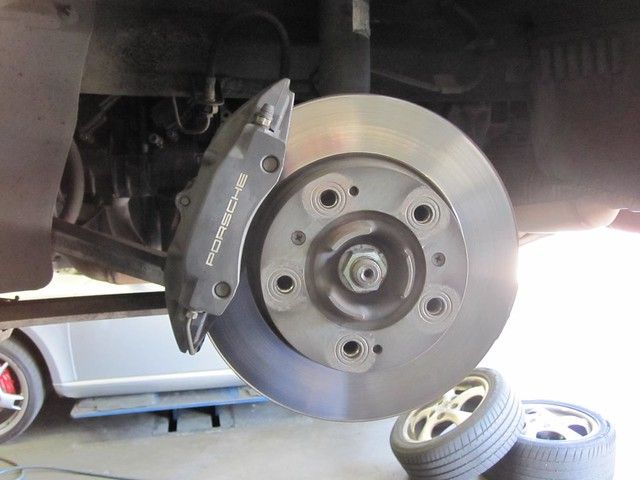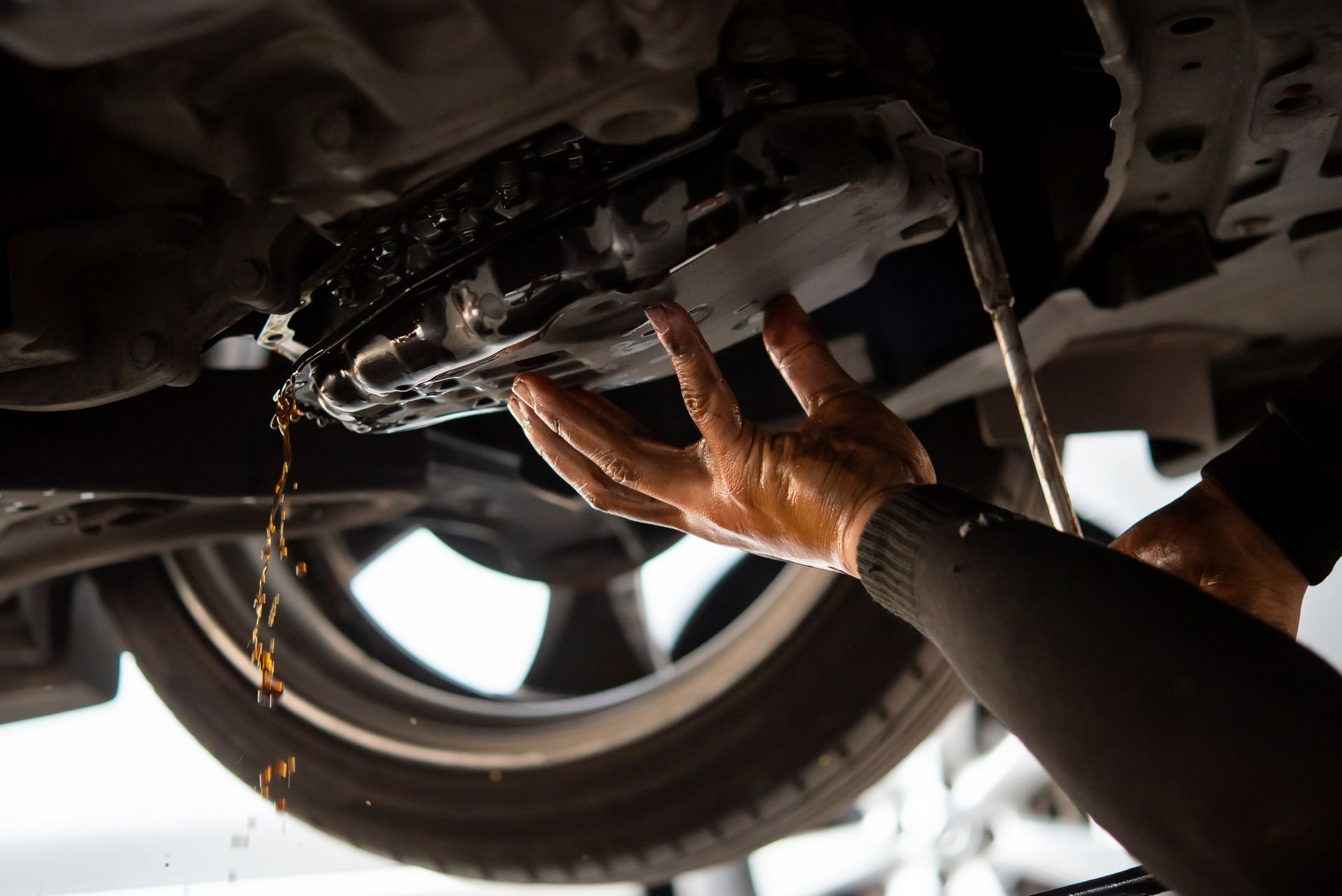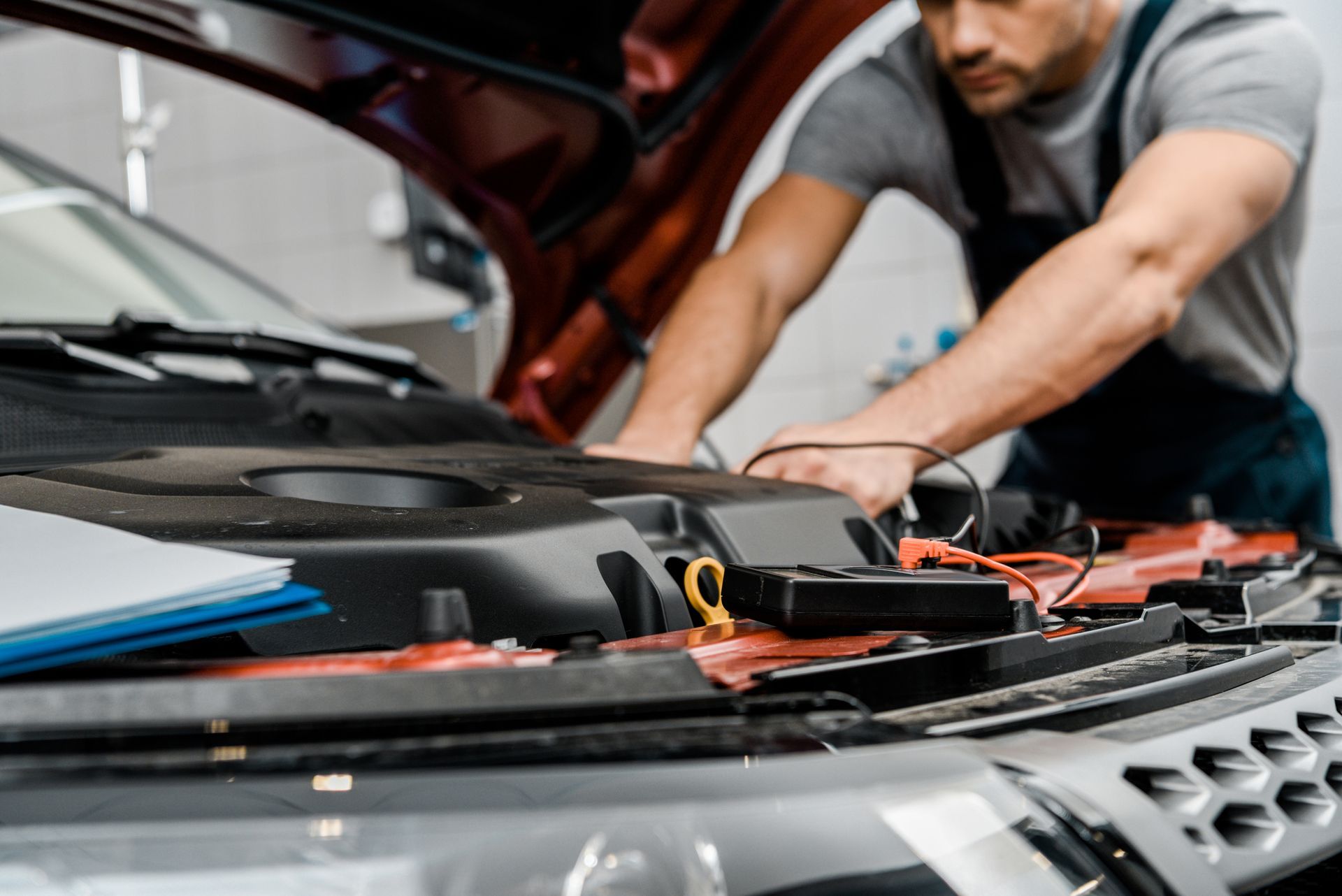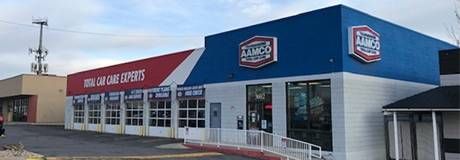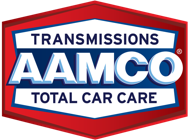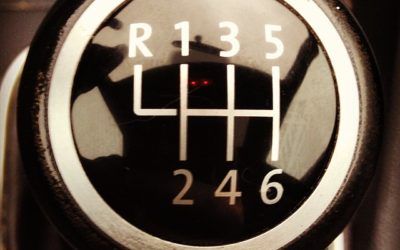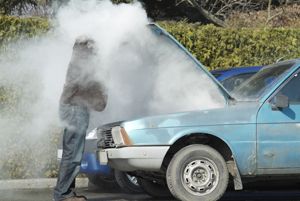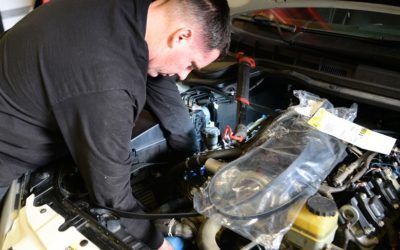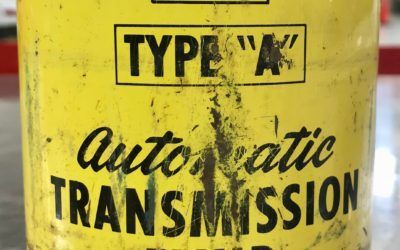When the weather outside is frightful, the last thing you want is car trouble. Every time of the year comes with its own set of seasonal car care services you should check off your list to keep your car running well. As winter approaches, it’s a good idea to start...
read moreWhy Is My Car Jerking When I Accelerate?
Jerk, Stutter, Hiccup, Stall….
Top 4 Reasons for Car Jerking
Transmission
A transmission is a mystery to most. The Pandora’s box of your car. You know it is there, but it isn’t something you know exists. Transmissions have a big job to do and are a critical component in making any vehicle run. Essentially, the transmission acts as your engine’s bouncer. Your engine creates a tremendous amount of power, but the power it creates is too high and too varied to produce a reliable speed. The engine operates at a very high rotational speed, while the wheels rotate much slower. This is where the transmission really comes into play. The transmission keeps the RPM (rotations per minute) of both the engine and the wheels at optimal levels. There are plenty of clear indications of an issue related to your transmission. If you suspect your transmission may be causing you grief, be sure to review our article: 5 Signs It’s Time for a New Transmission
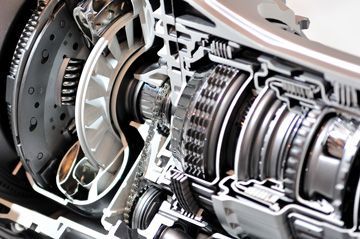
Dirty or Damaged Air Filter
An air filter is a must for any internal combustion engine. Clean air and clean fuel are critical to creating a smooth, hassle-free driving experience. The air filter’s sole purpose is to remove any dust, bugs, debris, and dirt from the air coming into your engine. While these filters may need to be replaced more often than other types of filters, they are quite affordable and will improve vehicle performance right away. If your vehicle is struggling to accelerate at a rate it has before, you can hear the car struggling to reach the requested speed, and you don’t recall the last time you’ve had it replaced, a Car Tune-Up may be right up your alley!
Poor Voltage Supply
The alternator provides the electrical requirements for your vehicle needs to run and stay running. It is a common misconception that your battery is the electrical powerhouse in your car. The truth is, beyond the initial ignition spark, your battery doesn’t have much to do. After ignition, it is the alternator that keeps the power flowing, but like any other frequently used mechanical mechanism, it is subject to wear and tear. This wear and tear often presents as a loss in efficiency.
The voltage provided by the alternator is used to keep the fuel pump circulating fuel in the vehicle. As the alternator begins to break down, it is not able to maintain the energy needed to circulate the correct amount of fuel to the combustion systems. If you have been experiencing loss in power, and suspect it may be related to your electrical systems we can help.
Bad Spark Plugs
All gasoline vehicles require spark plugs. Spark plugs deliver electric current from an ignition system to the combustion chamber in order to ignite the compressed fuel/air mixture. The symptoms of failing spark plugs are very similar to the symptoms mentioned above. Slow acceleration, a significant loss in fuel efficiency, shaky or rough idle, engine surges or hesitations, and more. Spark plugs should be inspected at least every 30,000 miles to ensure they are in good working condition. Don’t ignore these symptoms longer than necessary. As it progresses, you will begin to experience more severe symptoms.
AAMCO Utah Is Here to Help
More from our Blog
Help! My Car Will Only Go in Reverse
You get in your car, start the engine, and shift into Drive – but your car will only back up. What’s the deal? Unfortunately, the culprit is most likely your transmission, meaning you could have a big car repair to deal with. Fortunately, the mechanics at AAMCO Utah...
read moreTop Three Ways Cold Weather Can Affect Your Car
Cold, harsh winter weather is hard on more than just your nose and fingers. Proper winter care takes into account what cold weather specifically does to different parts of your car. Winter roads are notoriously hard to drive on once snow and ice hit, so you want to be...
read moreAutomatic vs CVT vs Manual Transmissions
These days, you may hear about several different types of transmissions when shopping for a new car. Most people know about automatic and manual transmissions, but now you may see CVT transmissions as an option, as well as a couple of variations on automatic...
read moreCommon Reasons Your Car is Overheating
When temperatures rise outside, you don’t what them to rise in your engine, too. If you notice your car overheating, there are a few possible causes, some of which are easier than others to correct. Regardless, an overheating engine is nothing to ignore. The longer it...
read more5 Car Warning Noises to Keep an Ear Out For
You’ve likely heard a car go by and thought to yourself, “Yikes, they need to get that thing to a mechanic.” But with cars, not all sounds are created equal. It’s a good idea to pay attention to how your car sounds when it’s operating well so that you know when...
read moreWhat Happens If I Put The Wrong Transmission Fluid In My Car?
The transmission is an essential component in any road-going vehicle. Your transmission system is what converts the power from your engine into your wheels. It is also what offers a smooth ride driving down the road. To function optimally, your transmission system...
read moreFind your local AAMCO Utah
Book an Appointment

Navigate our Blog
Recent Posts
The post Why Is My Car Jerking When I Accelerate? first appeared on AAMCO Utah Transmission Repair and General Car Repair.
Share
